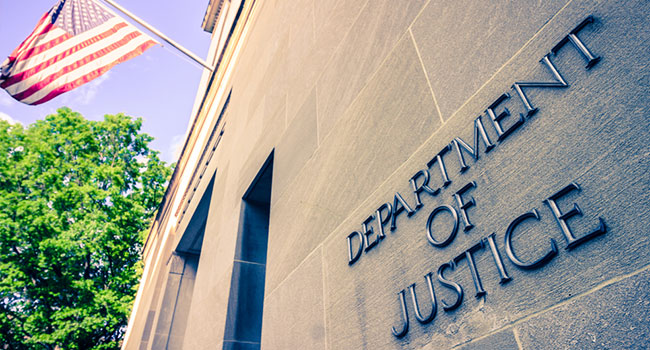
Federal Prosecutors Charge 10 Men in Romance Scams Based in Nigeria
Authorities have arrested seven men across the U.S. who were part of the money laundering fraud scheme.
- By Haley Samsel
- Nov 15, 2019
As part of an effort to address “romance scams” that often involve fraudsters posing as American military personnel, federal prosecutors have charged 10 people with fraud and other related crimes, according to an indictment unsealed Wednesday.
The scheme, which operates out of Nigeria, targeted victims by taking on false identities on online dating websites and social media platforms with an intention to trick victims into giving them money, according to a Justice Department release. Federal authorities arrested seven of the ten men charged in the complaint on Wednesday, five of whom were in Norman, Oklahoma.
Since 2017, the co-conspirators were able to conceal the proceeds of their romance scam operations by moving money between multiple bank accounts that were opened using fraudulent identity documents. This move allowed the defendants obscure the source of the funds and the other members of their scheme, which spanned continents.
Federal investigators were able to identify three victims of the scams in Seminole, Florida, Centerville, Ohio and Pryor, Oklahoma. However, the Justice Department said that there are still many unknown individuals who were operating the scams overseas in Nigeria.
Romance scams have become frequent subjects of federal investigations, particularly as the individuals involved continue to impersonate veterans and military personnel in an effort to convince victims that they are working abroad and are worthy of sympathy. The scams usually start with small gifts sent to the fraudster, and over time increase to larger sums of money sent to accounts that operate under various aliases.
All of the defendants identified by the Justice Department are men in their 20s and early 30s, several of whom are Nigerian citizens. The men and co-conspirators allegedly used Whatsapp, Google Hangouts and other apps to communicate with their victims.
Some victims sent as much as $200,000 to some of the scammers after forming relationships over the course of several months, according to the department.
“The indictment alleges that, once the victims sent funds, the defendants funneled the money to accounts that they operated,” the Justice Department said in a statement. “These accounts were allegedly opened under various aliases in order to obscure the source of the fraudulently obtained funds. In a further attempt to conceal the source of the money, the co-conspirators also purchased salvaged vehicles and car parts to export overseas, usually to Nigeria, the indictment alleges.”
Federal authorities have also targeted business email compromise attacks, often called phishing over the past year. In 2019, 281 people were arrested for attacks that fleeced businesses of at least $3.7 million.
About the Author
Haley Samsel is an Associate Content Editor for the Infrastructure Solutions Group at 1105 Media.